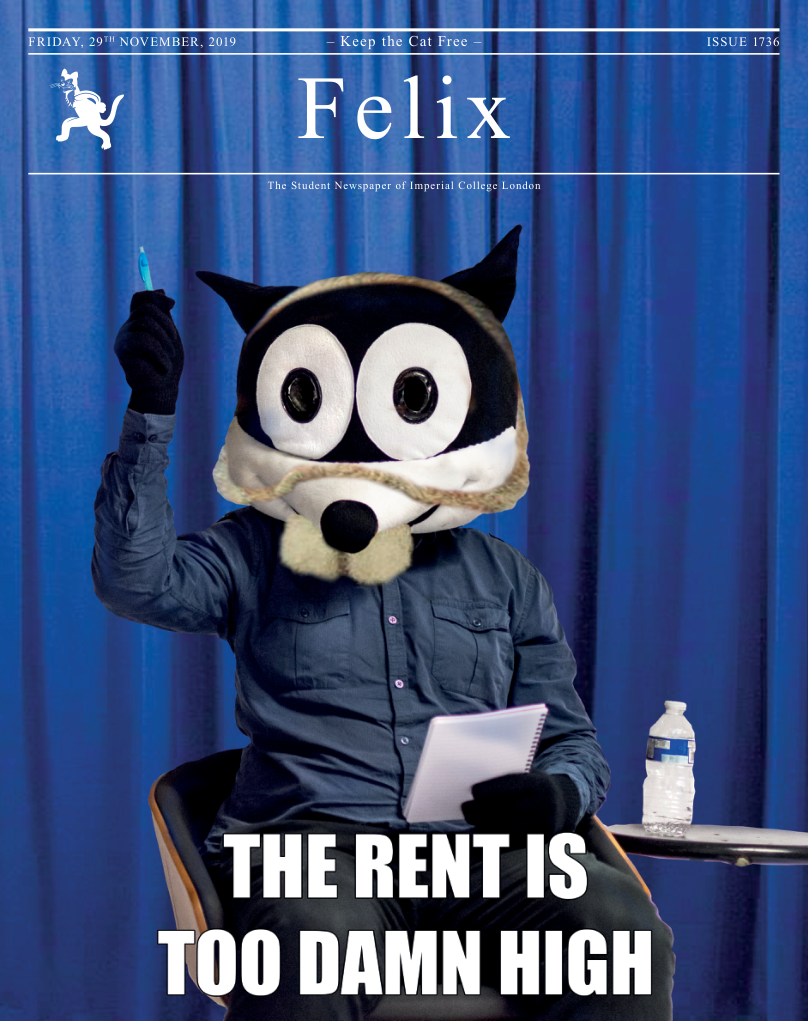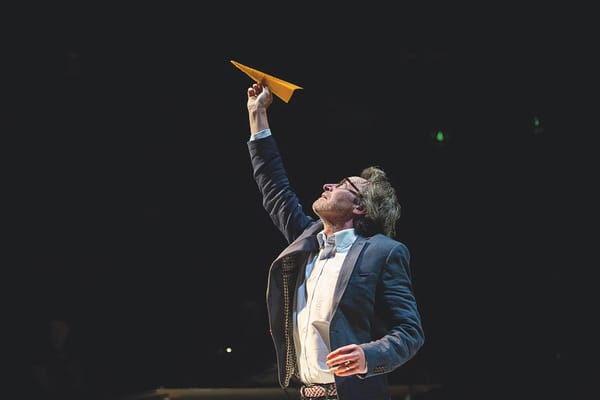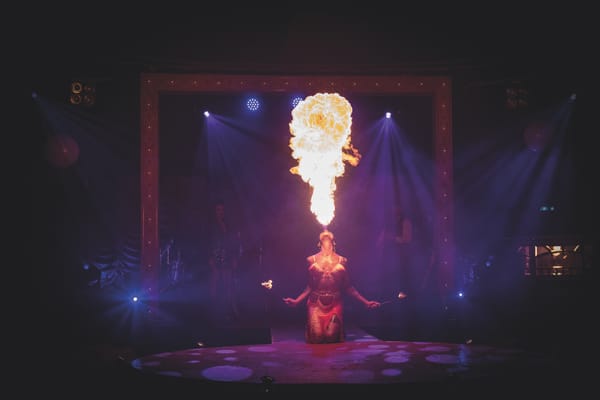Shook: Becoming a Father Behind Bars

5 stars
Shook is as close to a perfect play that I think I have ever seen. Set in a prison classroom, three convicts, all with pregnant girlfriends, are receiving lessons on how to be fathers. Opening with rapid wit and banter the play first comes across as an entertaining but fundamentally shallow comedic experience. The men, all violent criminals, come across more like boys than men as they swap stories of school, Avengers Endgame, and trade sweets.
It is only when Grace (Andrea Hall), their teacher, comes in and begins trying to teach them how to burp a baby that the voids of these men’s own childhoods emerge. All three of them grew up with absent fathers and the theme repeats itself in the next generation. The tragedy that they will all be absent from the births of their first children, despite them trying to be better, is present in all of their faces even if it is never directly addressed. In fact, Cain (Josh Finan) the Liverpudlian motormouth has already given up. “Like we’ll ever be good fucking dads,” he shouts.
The joking moves seamlessly from how easy it was to get young teachers to cry to discussions of how best to slit your wrists (sideways for attention, lengthwise for real) and your heart goes out to these boys who have been so cast aside from society that they are where “people get sent” and there is no lower to fall. Unlike Cain, however, for the other two classmates Jonjo (Josef Davies) and Riyad (Ivan Oyik) the classes are a possible route to redemption. Former gang member Riyad’s casual dominance and imposing physical presence masks an intense hunger for self-improvement. He is patiently redoing his GCSEs and in the quieter moments of the play he admits to the others that he dreams of starting a business and providing for his family. As an audience we root for Riyad because for a moment he has become like us, humanised to the point that we feel like we can understand him entirely.
Tragically, the reality of their situation drags these boys back down to earth. Riyad’s past catches up with him and he disappears into solitary confinement never to be seen again.
In the end, the real victims are in the end those unseen, unborn children, who will, the play suggests, end up coming to the same jail and having these same conversations just like their fathers. Desperately sad and heart wrenching, I came out of this play with tears running down my face and signed up to volunteer in prisons. I cannot recommend this play enough.









